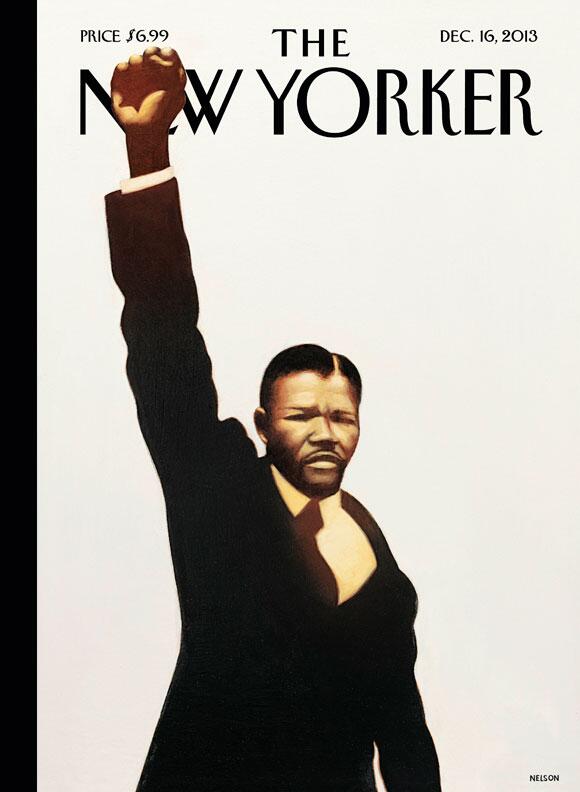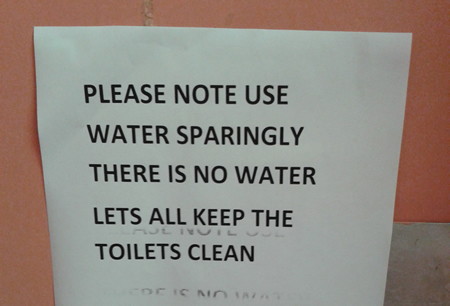This morning, I attended a seminar at which Zimbabwe’s Deputy Minister of Finance, Dr Samuel Undenge, said that information in the public interest should be available to the public, across every area of government.
This statement in itself is refreshing, given Zimbabwe’s tendency to make even public information inaccessible to people (take the recent examples of polling stations and local government election results). And his comments came at a discussion on ZimAsset, which explicitly lists ICT and e-Governance (including getting the Registrar General’s office online by this month!) as one of its goals.
This afternoon, my experience showed just how far Zimbabwe has to go to honour this pledge, if indeed government is sincere in offering it.
The City of Harare 2014 Budget is currently under review, and the proposed tariffs for 2014 are available for public inspection. The idea is that, since it’s residents who will have to pay the fees, residents should be able to inspect the fees before they are finalized, and also should be able to register any complaints about them. Residents have one month to do this, and this year the complaints submission phase ends at close of business on 11 December 2013. (If you’re a super keen outraged resident type, find more details about how to do this on the tariff document.)
So this afternoon, I went to my district office and asked to see the income and expenditure budget. “You want to see it here?” The receptionist asked me. Yes, I told her, and she handed me a 37 page document. She could not photocopy it for me, and I was not allowed to take it away to make a copy of it and return it. So instead, I took a picture of each page, and pasted these into a PDF document.
This is a ridiculously inefficient way to do things. The City of Harare 2014 Budget is available on their website. Why not make the tariff schedule available there too? And, what about a completely radical suggestion – Make the documents spreadsheet friendly and easily computer readable, so that people can actually analyse the data more easily, not just consume it. The way it stands, you can’t even readily tell if the tariffs they are referring to are monthly, quarterly, annual, or what.
Even more worryingly, the tariff schedule is a tiny fraction of what someone would need to know to assess concerns with the city budget. It lists what will be charged for city services – but not how many people might consume them, or how often. And it tells you nothing about expenditure. Even the budget speech, which is publicly available, is vague on detail particularly when it comes to expenditure.
When I phoned the city council to try and get more information, it was not readily available. I was referred to the health department, if I wanted more detail on the health licensing fees, and I was told to go to Cleveland House in person to ask any questions about advertising charges (the woman at Town House told me their phones don’t work). If I wanted more detail on the actual budget estimates for income and expenditure, I could come to the Chamber Secretary’s office, again in person, in the hopes that maybe they could help me.
In Section 288, the Urban Councils Act requires a city’s Finance Committee to “draw up and present for the approval of the council estimates in such detail as the council may require of the income and expenditure on revenue and capital accounts of the council for the next succeeding financial year.”
The same section also states that “Copies of the estimates approved in terms of subsection (1) shall be available for purchase by any person at such charge as may be fixed by the council: Provided that the charge fixed by the council shall not exceed such amount, if any, as may be prescribed.”
I find it hard to believe that the 2014 Budget Speech, which is available on the City of Harare website, represents the “council estimates in such detail as the council may require.” The document is readable, but it’s not detailed. Someone applying for a bank loan or developing a business plan would provide more detail on where their income would be coming from and how it would be spent.
So why does the City of Harare not treat its residents (read its revenue base) with the same respect?












